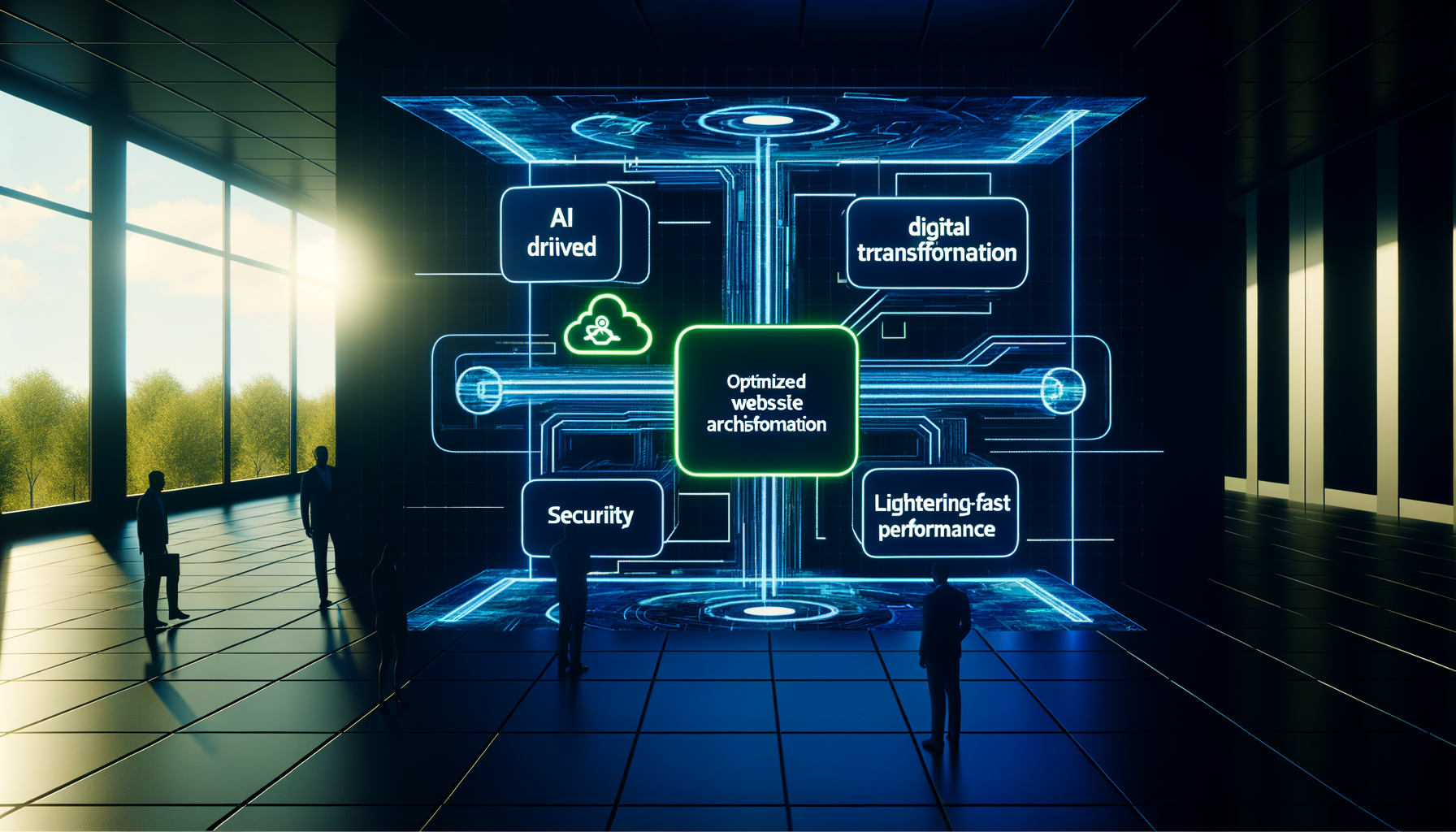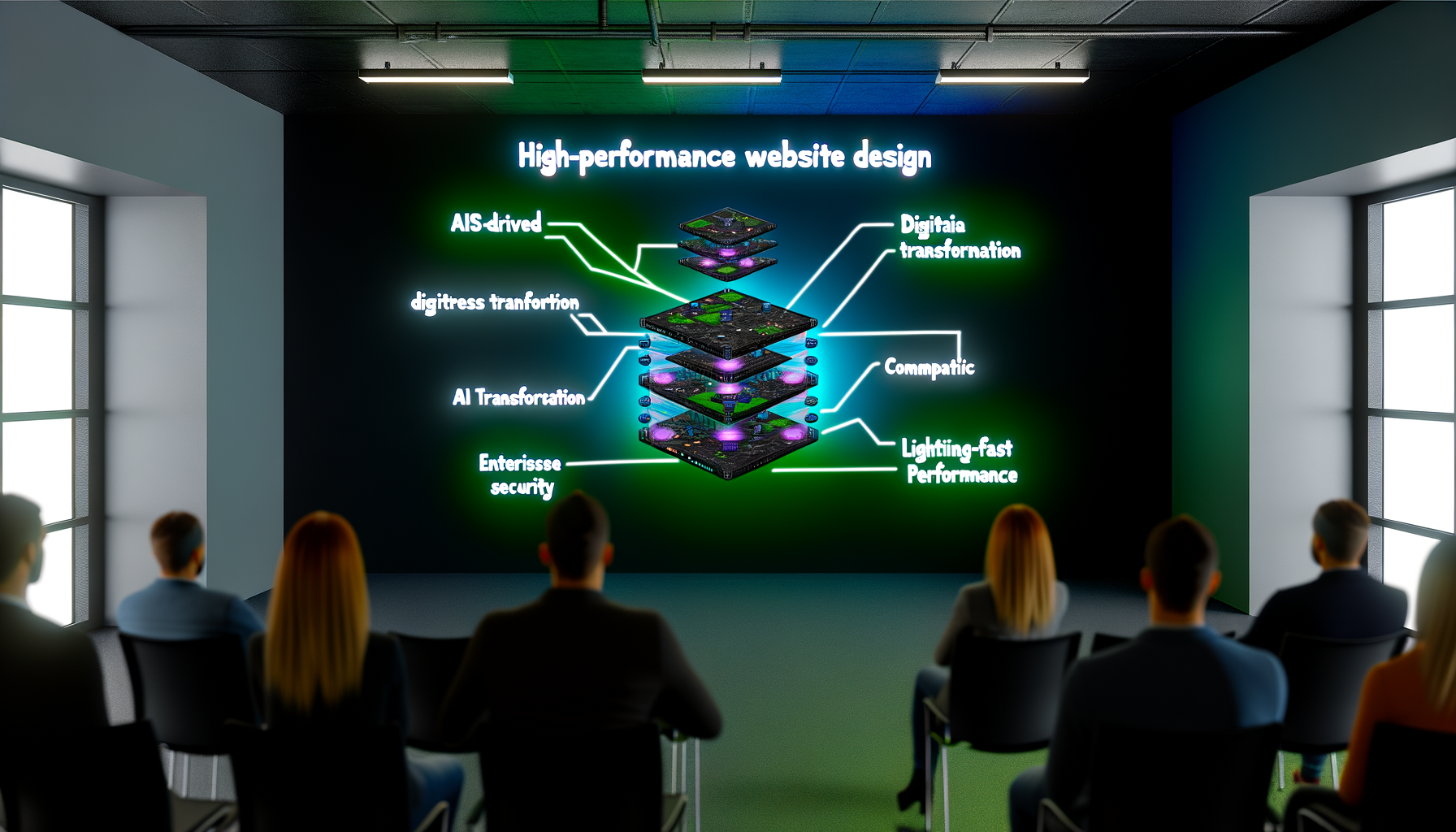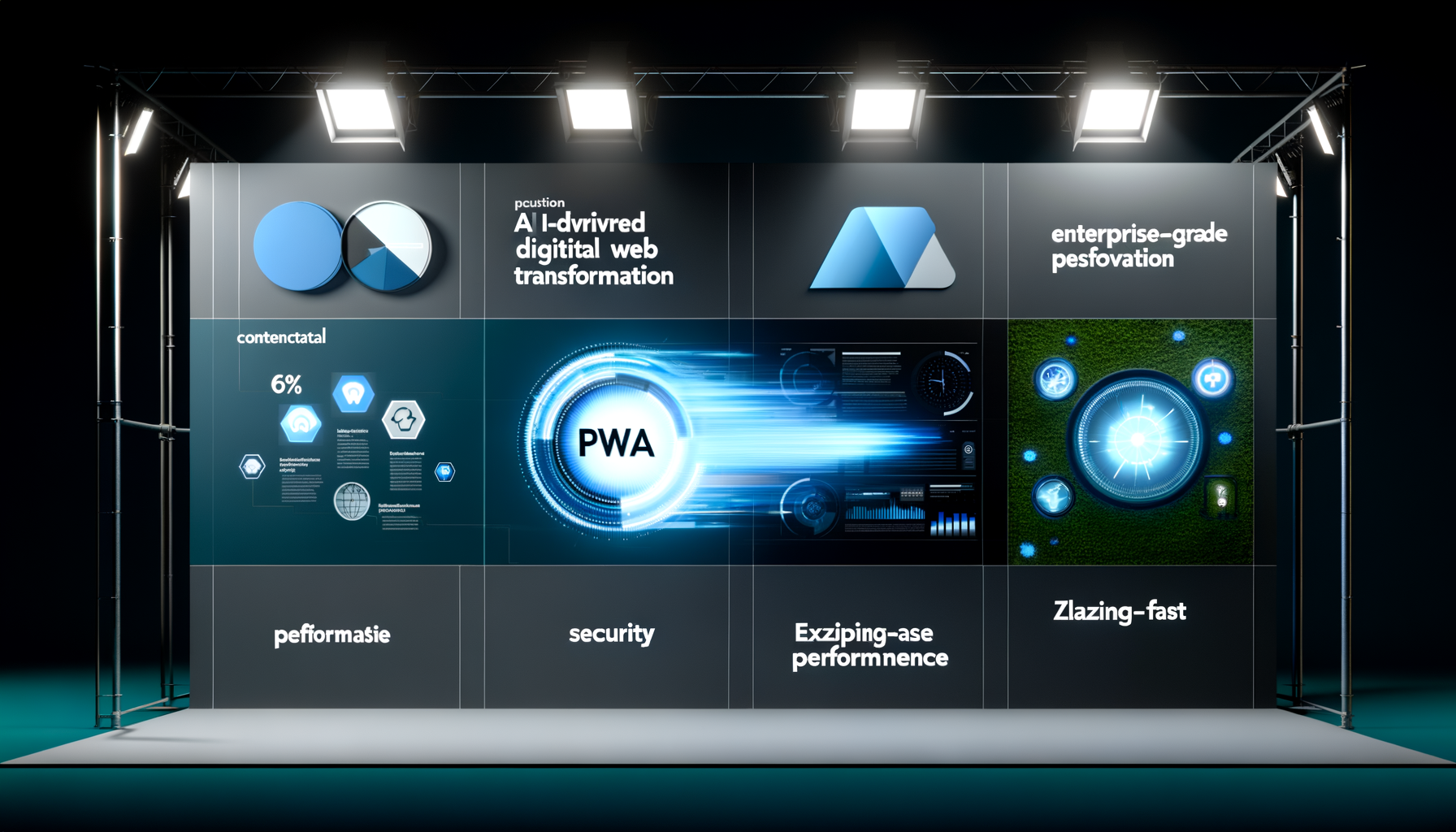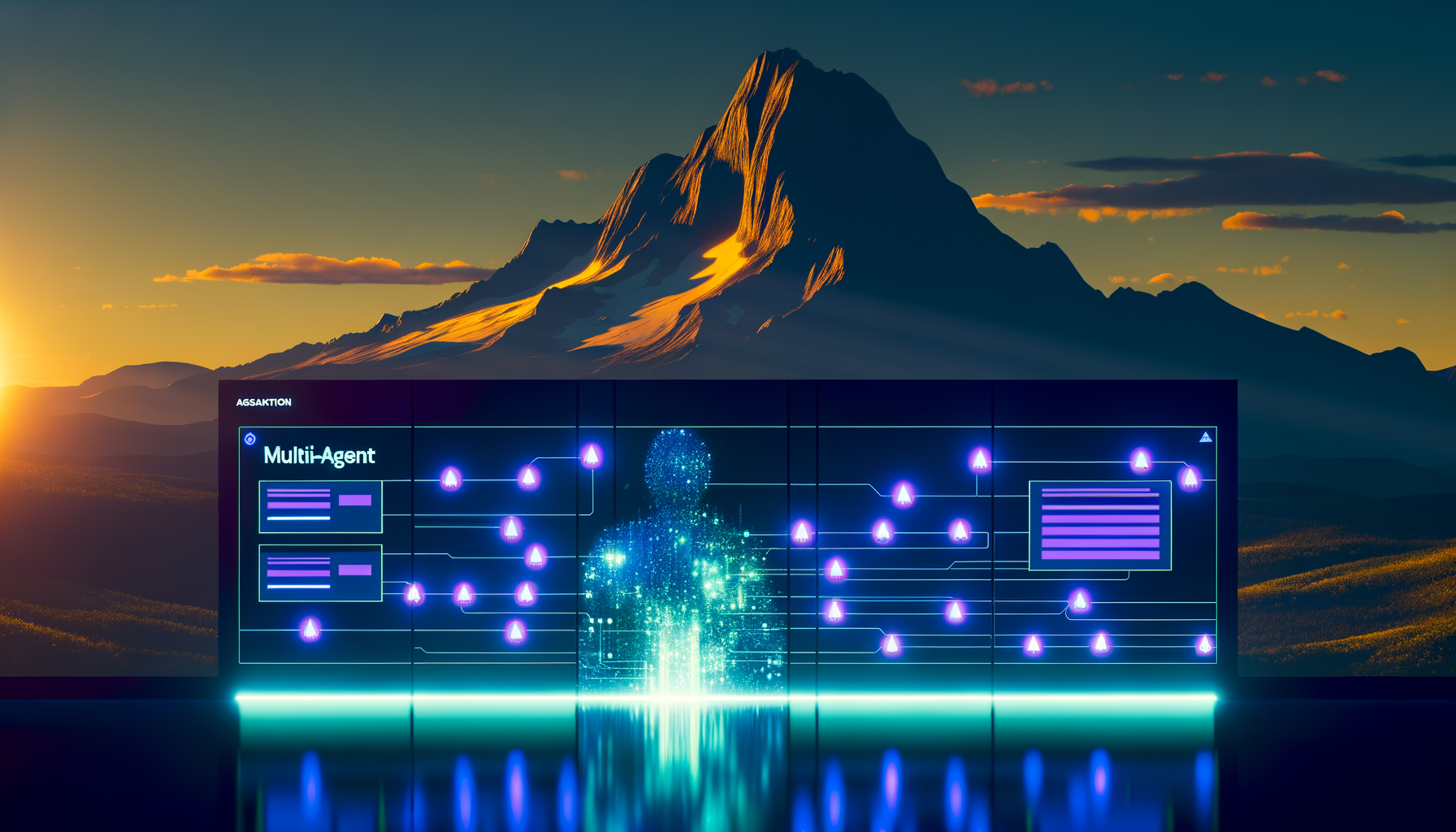In 2025, the cost of a slow website is higher than ever. With conversion rates dropping by 7% for each additional second a page takes to load, the demand for high-performance website design is critical. This article explores actionable strategies to deliver sub-second load times, integrate AI, and utilize headless CMS to future-proof your online presence.
The Anatomy of High-Performance Website Design

Diagram of optimized website architecture
High-performance website design isn't just a luxury; it's a necessity. Modern users expect sub-second load times, which can increase conversion rates and improve SEO rankings.
To achieve this, a holistic approach is required: optimizing front-end code, leveraging CDNs, and implementing robust caching strategies are foundational steps.
Quicklook's expertise in custom applications ensures that your website's performance aligns with enterprise-grade standards, providing a seamless user experience.
LIST
- •Front-end optimization
- •Content Delivery Network (CDN) utilization
- •Effective caching strategies
Leveraging AI for Lightning-Fast Load Times

AI integration visual with dynamic content prediction
AI integration is revolutionizing modern website performance by predicting and preloading content that users are likely to engage with.
By using machine learning, websites can dynamically adjust resources based on user behavior, enhancing speed and user satisfaction.
Quicklook's AI solutions provide data-driven insights that help streamline content delivery, ensuring your website is always one step ahead of user expectations.
CALLOUT
AI-driven insights reduce load times by up to 40%.
Headless CMS: The Backbone of Modern Websites

Diagram of headless CMS architecture
A headless CMS decouples the back-end content repository from the front-end, offering unparalleled flexibility and speed.
This architecture allows developers to build a seamless, API-driven site that can feed multiple platforms, enhancing scalability.
Quicklook's implementation of headless CMS ensures your content is agile and ready to meet the demands of an ever-evolving digital landscape.
QUOTE
A headless CMS is not just the future; it's the present for scalable web solutions.
The Role of Dark Mode in User Engagement

User interface displaying dark mode web design
Dark mode is more than a trend; it's a user preference that enhances readability and reduces eye strain.
Implementing dark mode can lower energy consumption on OLED screens, contributing to a more sustainable web experience.
By offering a dark mode option, Quicklook helps businesses cater to user preferences, increasing engagement and retention.
LIST
- •Enhanced readability
- •Reduced eye strain
- •Energy efficiency
Harnessing the Power of Progressive Web Apps

Infographic of PWA benefits and features
Progressive Web Apps (PWAs) bring the best of mobile apps and websites, offering offline functionality and push notifications.
PWAs provide a fast, reliable, and engaging user experience, often indistinguishable from native apps.
Quicklook's expertise in PWA development ensures your website delivers a consistent, high-quality user experience across all devices.
CALLOUT
PWAs can increase user engagement by up to 50%.
Frequently Asked Questions
QWhat are the key elements of high-performance website design in 2025?
QHow does AI integration enhance modern website performance?
QWhat role does dark mode play in contemporary web design?
Conclusion
High-performance website design is essential for staying competitive. By leveraging AI, headless CMS, dark mode, and PWAs, businesses can enhance user experience and drive growth.
Future Vision
As technology evolves, staying ahead in website performance is not just beneficial—it's imperative.
Schedule your AI audit with Quicklook.
